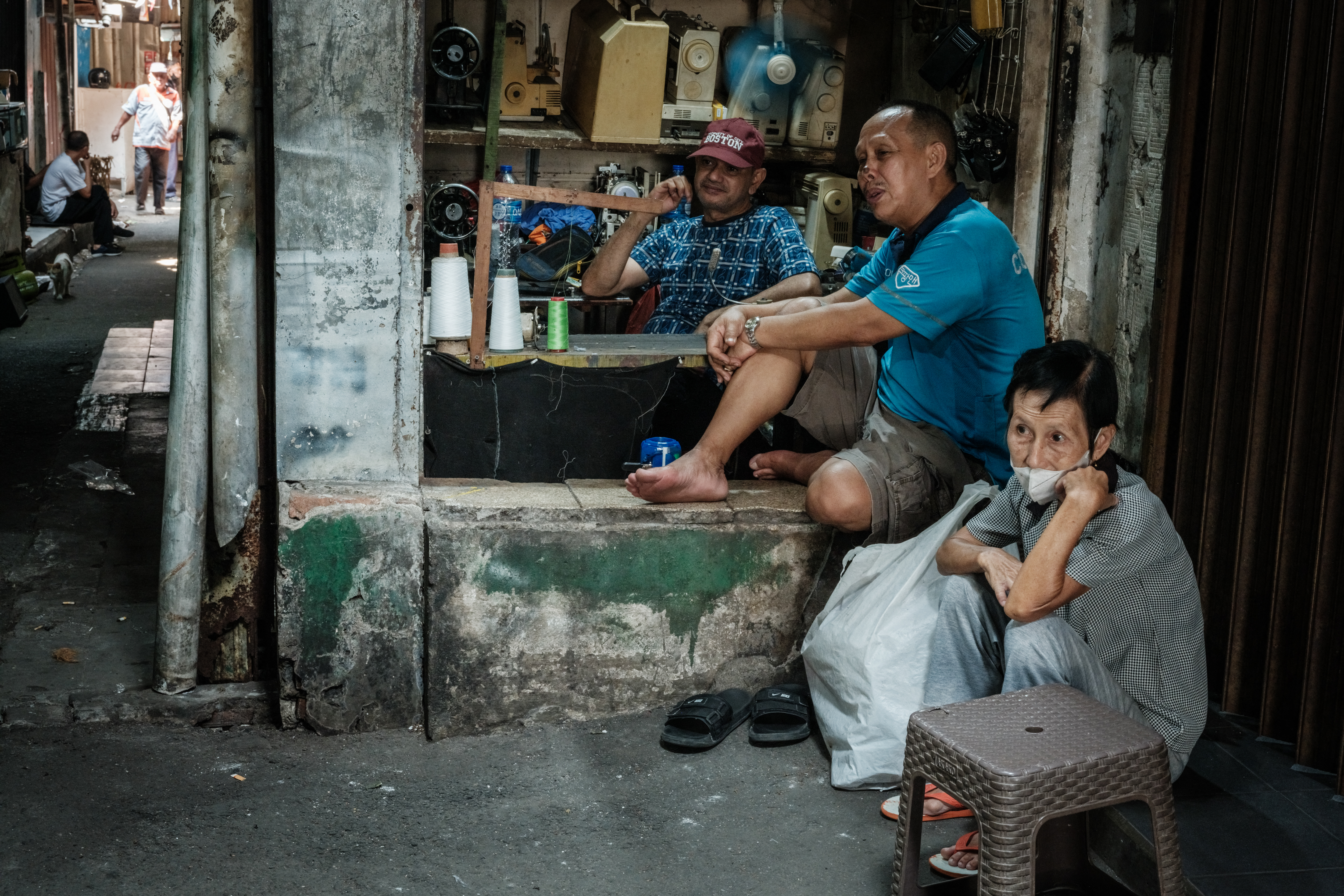
JAKARTA - Indonesia has been grappling with a marked reduction in the middle class in recent years, even as the Southeast Asian country strives to reach an economic growth of 5.2 percent in 2025.
At a recent hearing with the House of Representatives in Jakarta, the Statistics Indonesia (BPS) revealed that the middle class reached 57.33 million people, or 21.45 percent of Indonesia's total population, in 2019, but then plummeted to 47.85 million people, or 17.13 percent, by 2024.
ALSO READ: Indonesia launches 'Golden Visa' to lure foreign investors, boost economy
"Many people have faced economic difficulties during recent crisis, leading to a decrease in their purchasing power. The middle class now faces a greater risk of falling into the vulnerable group," said acting head of BPS, Amalia Adininggar Widyasanti.
The decline sounded a critical alarm, as Indonesia's 2045 vision targets the middle class at 80 percent of the population.
In the face of ongoing global economic challenges, Widyasanti said the middle class finds it increasingly difficult to move up to the upper class and is at risk of falling back into the "approaching middle class" or even "poor" categories.
Chairman of the House Budget Committee Said Abdullah emphasized the importance of a robust middle class, citing its vital contribution to boosting domestic consumption, tax revenue, and fostering social and economic stability, all of which are essential for economic growth.
"A decline in the middle class could also potentially reduce domestic consumption, which significantly contributes to economic growth," he said.

In the 2025 state budget, the government has proposed an economic growth target of 5.2 percent for 2025. Abdullah said that Indonesia has surpassed this figure once between 2015 and 2023, achieving a 5.31 percent growth in 2022.
From a structural perspective, Abdullah mentioned that the challenge of boosting economic growth while increasing the middle class involves high economic costs, legal affairs and quality of human resources. He urged the government to address these structural issues.
Finance Minister Sri Mulyani Indrawati highlighted the government's efforts to support not only the poor but also the middle class, including subsidies for necessities and energy, credit and value-added tax exemptions.
ALSO READ: Indonesia holds 1st cabinet meeting in new capital
"The government is also committed to strengthening the middle class through tax incentives, human resource development programs, and affordable healthcare access," Indrawati said.
Coordinating Ministry for Economic Affairs Secretary Susiwijono Moegiarso said that increasing quota for subsidized housing from the original target of 166,000 units to 200,000 units is part of the government's commitment to expand the middle class.
"Increasing the middle class contributes significantly to expanding the tax base," he said.
Meanwhile, Raden Pardede, advisor to the coordinating minister, stressed the importance of developing the formal sector, particularly quality manufacturing, where job opportunities are broader and decent wages are available. This aims to boost people's purchasing power, prevent the middle class from falling into vulnerable categories, and create high-quality jobs.
READ MORE: Jakarta remains economic hub as Indonesia to move capital
"Previously, our garment industry only produced towels, shirts, T-shirts and sarongs. Moving forward, we must be able to produce branded products like Uniqlo (a Japanese casual wear designer, fast-fashion manufacturer and retailer). The jobs may be the same, but the quality of the products differs," he said.
Improving product quality is essential for driving middle class growth and enhancing global competitiveness, he said.


